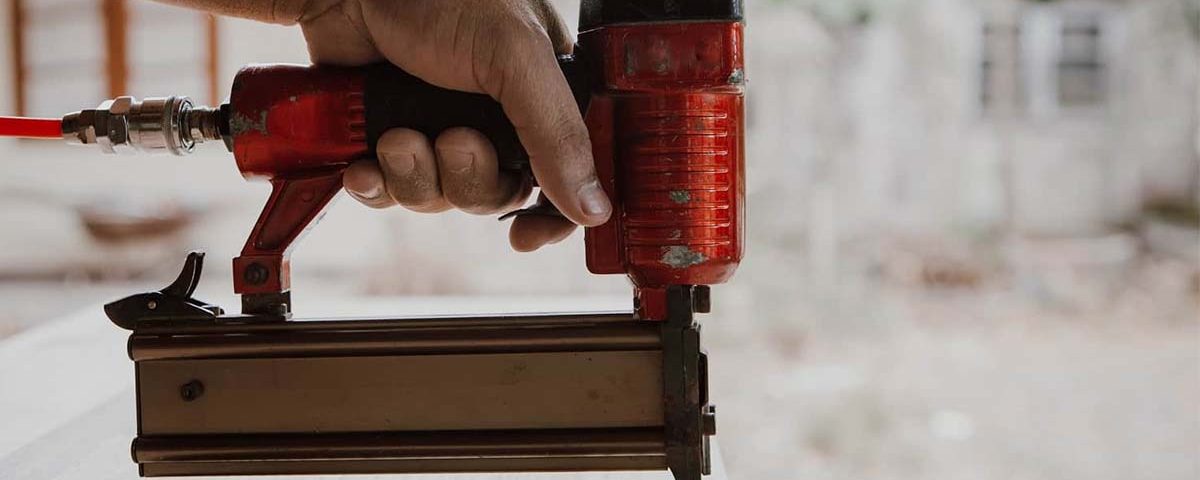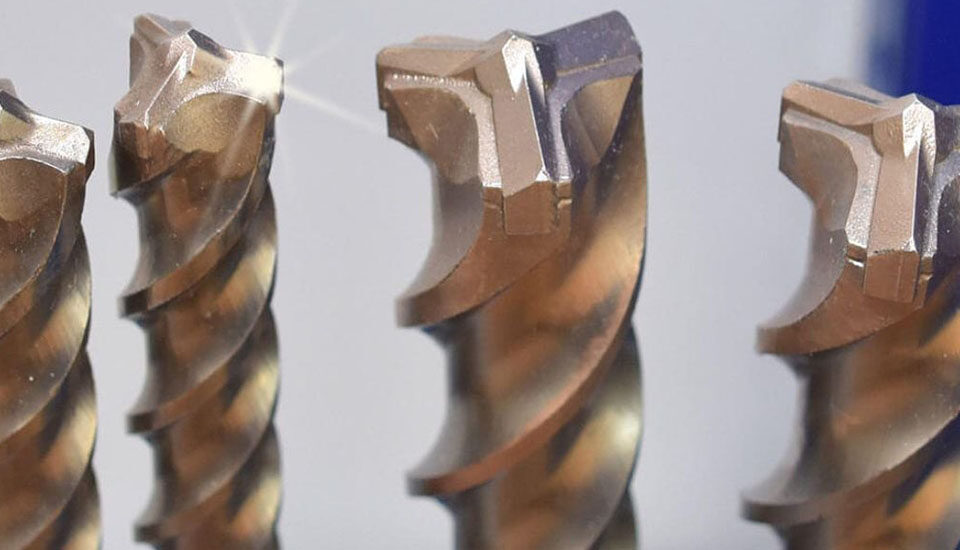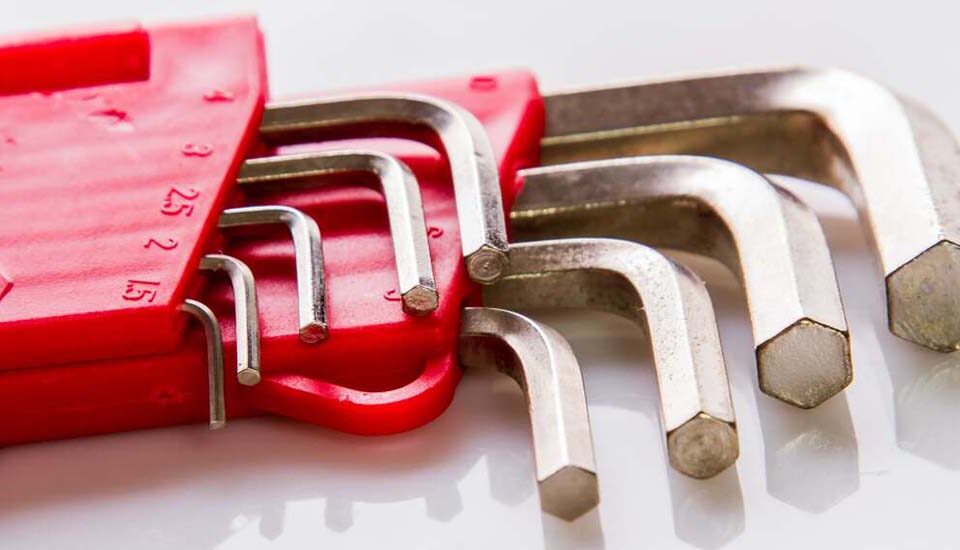Comparison of F50 pneumatic nailer with electric nailer

What is the F50 pneumatic nailer?
F50 pneumatic nailer is a type of nailer whose gauge is 18 and is mostly designed and used for all kinds of hardwood floors. This nailer has an adjustable one-piece trigger driver and a compact size that makes it easy to operate. The F50 pneumatic nailer is a powerful and versatile tool that is perfect for wood flooring installation projects. Its innovative features and compact design make it a popular choice among professionals and hobbyists alike. F50 pneumatic nailer is a special model of nail gun that works with compressed air.
What is an electric nailer?
Electric nailers are tools that are used to drive nails into various materials such as wood, walls or making decorations. Electric nailers are both rechargeable, which work with batteries, and direct, which are permanently connected to electricity.
Comparison of F50 pneumatic nailer with electric nailer
When comparing the F50 pneumatic nailer to an electric nailer, there are several factors to consider. Now let’s examine the main differences between these two types of nails:
energy source:
F50 pneumatic nailer: Pneumatic nailers need an air compressor to generate energy. They are powered by compressed air delivered through an air hose connected to the compressor.
But electric nailers are powered by electricity, usually using a corded power source or a rechargeable battery. They do not require an external compressor or air hose.
Portability:
F50 pneumatic nailers are typically less portable due to the need for an air compressor and hose. They are usually used in fixed workshops. But electric nailers are more portable because they don’t need a separate air compressor. Corded electric nailers offer unlimited run time, while battery-powered models offer portability but limited battery life.
Ease of use:
F50 pneumatic nailers are initially more challenging to install due to the need for an air compressor and hose. They require proper air pressure adjustment and regular maintenance of the compressor. But electric nailers are generally easier to use and require less installation. Corded models require a power outlet, while battery-powered models may require charging before use. Electric nailers are less tiring compared to heavier pneumatic nailers.
Performance:
F50 pneumatic nailers are known for their high power and fast firing rate, making them suitable for heavy duty applications. They usually provide consistent and reliable performance. While electric nailers offer a consistent power output, they may not be able to compete with the power and firing speed of pneumatic nailers. However, they are generally adequate for most household and light to medium jobs.
Maintenance:
F50 pneumatic nailers require regular air compressor maintenance, including checking oil levels, cleaning air filters, and ensuring proper lubrication. They may also require occasional cleaning and inspection of the nail itself. But electric nailers usually require less maintenance than pneumatic nailers. Battery-operated models may require battery replacement or recharging, while corded models require periodic inspection of cords and plugs.
Cost:
Pneumatic nailers are often more cost-effective, but require the additional expense of an air compressor and accessories. Electric nailers may have a higher initial cost than pneumatic nailers, especially for cordless models with rechargeable batteries. However, they do not require an air compressor and related accessories.
Ultimately, the main difference between a pneumatic nailer like the F50 and an electric nailer is the power supply. Pneumatic nailers require an air compressor to operate, while electric nailers are powered by rechargeable batteries.
One of the advantages of pneumatic nailers is that they are stronger and can drive nails faster and with more force. They’re also generally lighter and more convenient because they don’t have a bulky battery pack. However, they require a compressor and hoses, which can be bulky and difficult to move around the job site.
On the other hand, electric nailers are more portable and do not require a compressor or hose. They are quieter and produce less exhaust than pneumatic nailers, making them a better choice for indoor use. However, they may not be as strong as pneumatic nailers and cannot easily drive nails into harder materials.
Ultimately, the choice between a pneumatic nailer and an electric nailer depends on the specific needs of the user and the intended job. If portability and ease of use are important, an electric nailer may be a better choice. If power and speed are important, a pneumatic nailer may be a better option.
Choosing between the F50 pneumatic nailer and the electric nailer depends on your specific needs and preferences. Consider factors such as intended use, portability requirements, power source availability, and budget to make an informed decision. You can contact our consultants for more information and guidance.
| electric | Pneumatic F50 | Type of nail gun propety |
| Power cord or battery | air compressor | energy source
|
| Ease of transportation | Fixed and limited | Portability
|
| Requires power outlet or battery | Need air compressor and accessories | Ease of use
|
| Constant output power Suitable for household and lighter work Less power and speedLess |
high power
high speed Suitable for heavy work
|
Performance
|
| maintenance required
Models with batteries need to replace or recharge the battery Corded model requires periodic inspection of cord and plug
|
Needs regular maintenance
The need for occasional cleaning and inspection of the nailer itself Check the oil level, clean the air filters
|
Maintenance
|
| Higher initial cost but lower lateral cost | pneumatic nailer are often more affordable but require an additional upfront cost of air compressors and accessories. | Cost |



